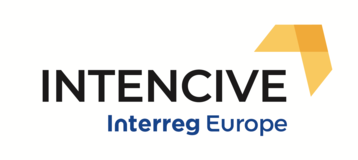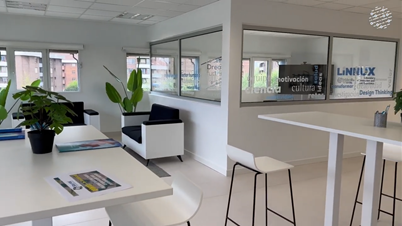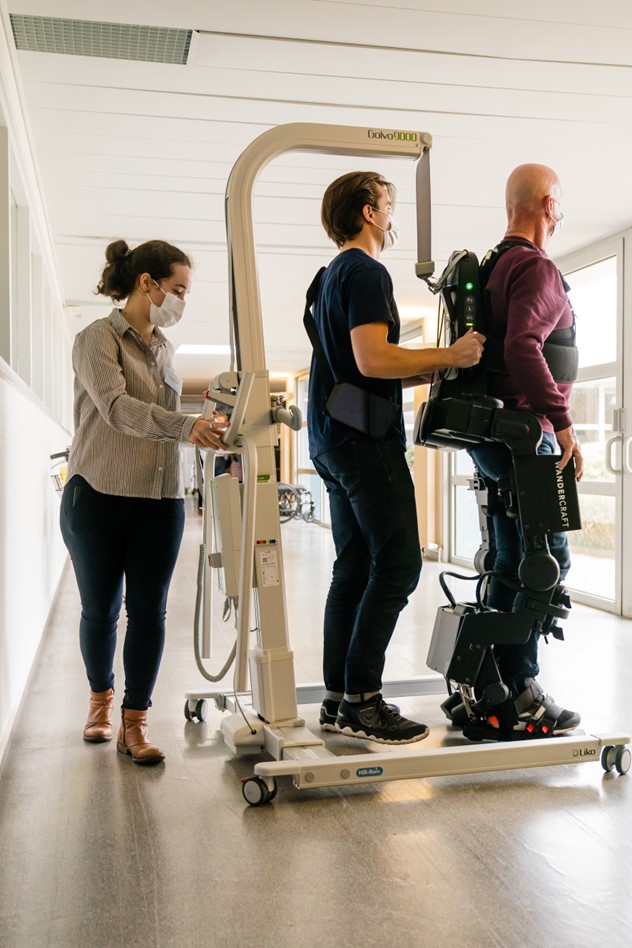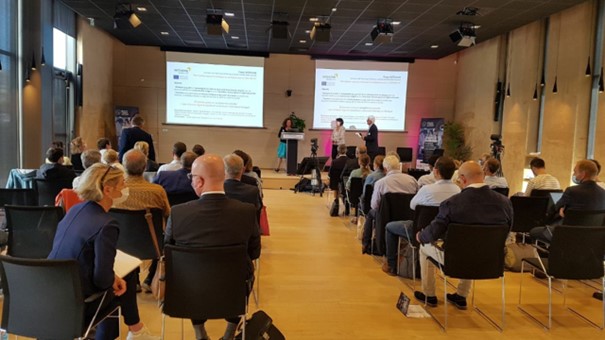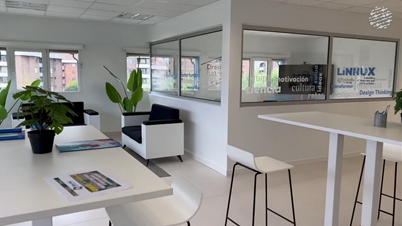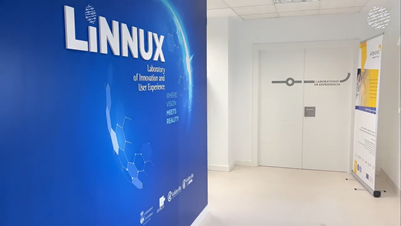33 participants across Europe attended on the event. The event was divided into 2 main parts: in the frame of Part I. 3 examples of the regional e-health know-how have been presented to European stakeholders. Within Part II. the attendees had the possibility to get to know closer how to influence policies?

PART I. – Good Practices
GP 1: Alarm system for elderly
Ms Anikó Koroknai presented the experiences how to build in and maintain the alarm system for elderly in the city Szombathely. Usually, the local governments in Hungary establish an institution to provide basic social services. The call helps as provided service is a not compulsory task of the institute. It means a 24hours service for seniors 65+ who are able to use the emergency call devise properly. There are 160 devices (120 „just” emergency call watches and 40 monitoring watches) available for seniors. The evidence of the success is proven not by the nr of the emergency calls but by the feedback of the seniors that quality of their life and the sense of security were improved thus ensure to live at own home as long as possible.
GP2: IEM eHealth Solutions
Mr Kilian Gobiet from IEM Ltd. introduced a new eHealth solution which organised medical services in a unique way. There are general problems in the health system across Europe: lack of doctors in rural areas, demographic change – ageing society, an increasing nr of patients suffer from cardiovascular diseases and their risk factors worldwide. During his speech it was highlighted how the company organize ICT solutions to give an answer for these problems. The Hardware, Software, Coaching, Data management and Service package parts of the modular system were introduced in detail.
GP 3: Voluntary Service App
Voluntary Service app. was introduced by Regina Rosta-Pethő who represented the local initiative which was developed by PBN. In Hungary there is a regulation that each secondary student has to accomplish 50hours community work. Currently it a very bureaucratic process for all participants and the app. could be an option to ease the fulfilment of this task. This smart app. is an online platform to support quality service for the involved participants. Using the app could lead to a win-win situation where the caregiver organisations which always suffer from lack of workforce can be supported with non-professional work fulfilled by the students.
PART II. - Thematic Workshop
Building regional resilience – a shift from automotive industry toward health industry
The economic councillor of the City Szombathely, Ms Adrienn Bokányi presented the local development program which focus on building regional resilience through make a shift from labour- to knowledge-intensive ecosystem. It was highlighted that this programme is cross over the political mandates and focuses on long-term objectives like industrial restructuring (specialization in healthcare, rehabilitation, circular economy, sustainable mobility, smart city). The councillor introduced the ICC program and the IE Policy Learning Platform Peer Review support which is mentoring the City to elaborate the development program (Szombathely2030) to strengthen the health industry in the local ecosystem by attracting healthcare companies.
Data analysis process on development of the alarm system

Mr Balázs Barta introduced the process how PBN can reach from data analysis of the senior signalling system to Smart Senior Room. The data gained from the alarm system was deeper analysed by PBN with close cooperation of the local actors (municipality, caregiver organization, university) to raise the awareness that the ageing society caused an increasing burden for all parties in the future in the meanwhile the social welfare system operates already at full capacity. By 2030 a quarter of the population will be over 65 with deteriorating health and with declining family involvement in care. Conclusions of the survey led to the concept of Smart Senior Room which will be a complex microenvironment, integrating multiple elements of the smart room dedicated to senior people and formal, informal care providers.
Network of the European DIHs in e-health
A network of digital health focused DIHs were introduced by Mr Andrea Jester from Nero su Bianco who is the co-owner of the international initiative. The main goal of the network is to concretely support European relationships among local and regional technology focused intermediaries thus expanding their “service” potential to “end users” or “technology developers & testers”, as well as to facilitate technology transfer actions in the European health sector. Currently there are 21 DIHs as members from across Europe. The action plan for the first 12months and the priorities were presented.
Presentations and the recorded event are available HERE:
